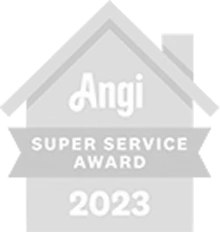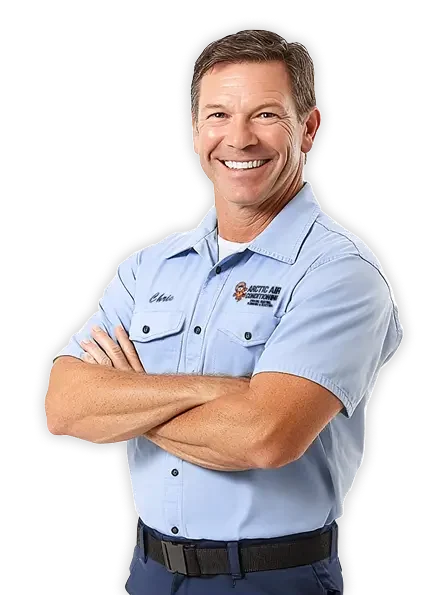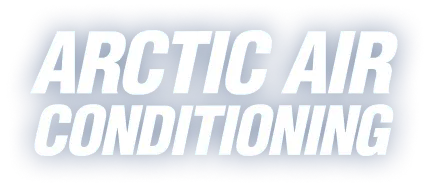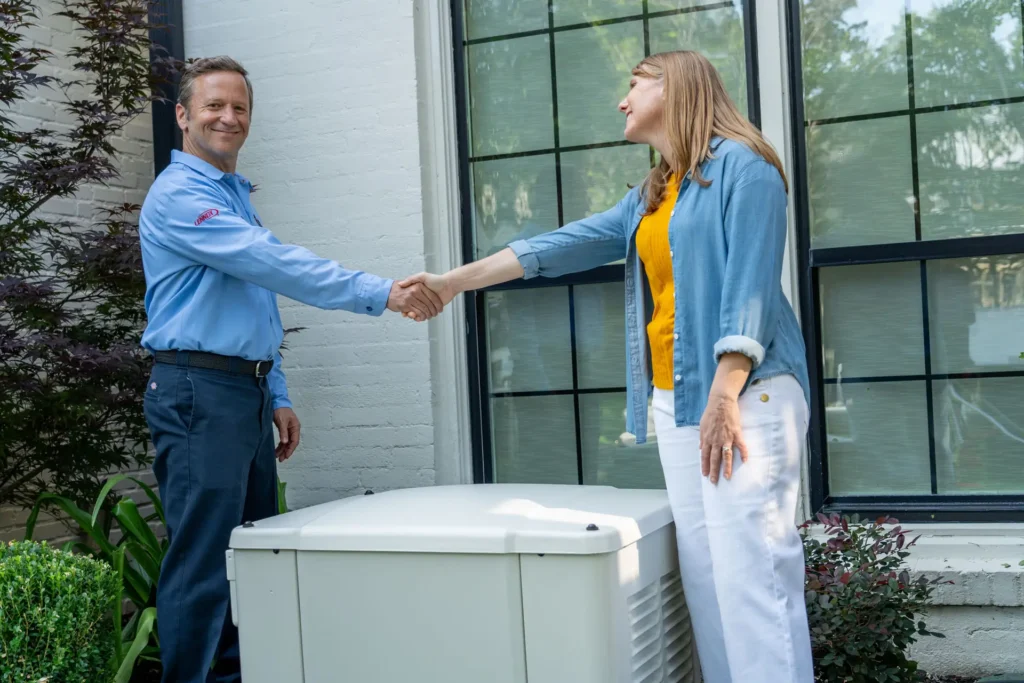
In New Jersey, power outages aren’t rare. A heavy storm, a downed line, or an overloaded grid can knock out electricity for hours or even days.
That’s when your generator is supposed to keep things running. But if your system is old, unreliable, or too small for your home, it may not be up for the job anymore.
Arctic Air helps homeowners replace worn-out units with new, dependable generators. We’ll walk you through the options, make sure the size is right for your home, and handle the installation so you’re set up with power you can count on.
Schedule OnlineSigns It’s Time for a New Generator
A generator will give you plenty of warning signs before it fails completely.
Watch for things like:
- More breakdowns and repair bills than you’d like to see
- Trouble starting when the power goes out
- Not enough power for your household’s needs
- Rust, corrosion, or other visible wear
- The system is more than 10 to 15 years old
If your generator checks a few of these boxes, it’s worth thinking about replacement. A new generator gives you peace of mind and often saves money compared to patching up an older unit.
Repair vs. Replace
It’s a common question: is it smarter to repair or replace? Here’s a good way to look at it.
Repair might be enough if:
- The generator is still under ten years old
- The issue is small and inexpensive to fix
- It’s been regularly maintained and otherwise runs fine
Replacement makes more sense if:
- It fails often or needs expensive repairs
- It no longer covers your household power needs
- Replacement parts are hard to find because of age
- It lets you down during outages
Our team can give you an honest opinion. If repair makes sense, we’ll tell you. If replacement is the smarter move, we’ll explain why and help you plan the switch.
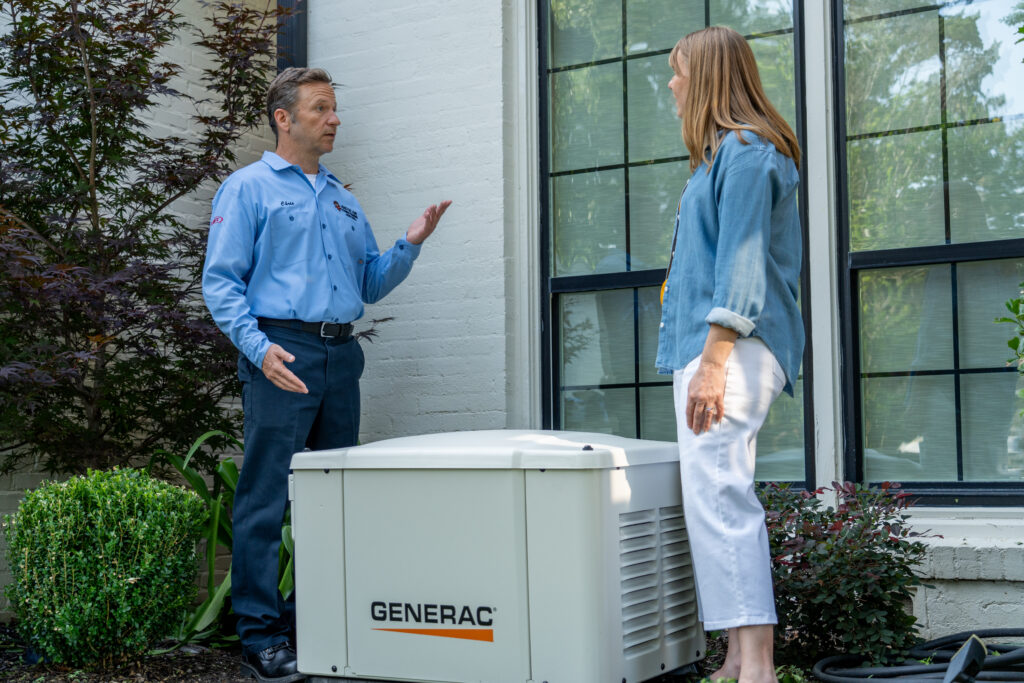
How to Properly Size a Generator
Getting the size right matters. Too small and you’ll be frustrated when the lights dim, or appliances won’t run. Too big and you’ll spend more than you need to.
When we size a generator, we look at:
- The size of your home
- The number of circuits and appliances you want to power
- Big items like HVAC systems, sump pumps, and refrigerators
- Your daily routines and comfort expectations
By going through these details, we can recommend the right size generator, so you’re not left in the dark or overpaying for something you don’t need.
Types of Generators
There isn’t just one kind of generator. Here are the main types most homeowners in New Jersey consider:
- Standby generators: Permanently installed and turn on automatically when power goes out
- Portable generators: Less expensive but limited, and they need to be set up manually
- Natural gas or propane systems: Convenient fuel supply that doesn’t need refueling during longer outages
- Diesel systems: Durable and powerful, often used for larger homes or commercial properties
Each has its pros and cons. We’ll go over the options with you and help you choose the right fit for your home.
How They’re Installed
Replacing a generator isn’t just dropping a new unit where the old one sat. It takes planning and careful work.
Our process usually looks like this:
- We check your home’s current electrical system and fuel source
- The old unit is removed and the area is prepped
- The new generator is set in place and connected to power and fuel
- The system is tested to be sure it runs as expected
- We show you how it works and answer any questions before wrapping up
After installation, we’re available for regular service and tune-ups so your new system stays ready to go.
Power You Can Rely On
When the lights go out, you shouldn’t have to wonder if your generator will start. Arctic Air provides whole house generator replacement services across New Jersey.
We’ll help you choose the right system, install it the right way, and keep it working for years to come. Call today to get started.
Schedule OnlineFrequently Asked Questions
Most whole house generators last 10 to 15 years. Lifespan depends on how often they run and how well they’re maintained.
If your generator is older and unreliable, or costing too much in repairs, replacement usually pays off in the long run.
If your current unit can’t run your major appliances or your home has grown since it was installed, it’s worth sizing up.
For most homes in New Jersey, natural gas or propane is the most convenient choice. Diesel may be better for larger properties.



